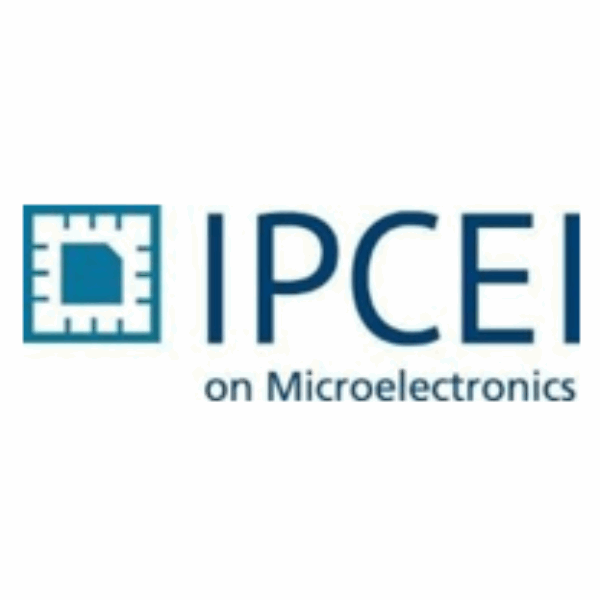Projects | MST
-
The project “FAst prototyping of Nitride Electro-photonic Sensors,” funded under Provincial Law No. 6/2023, brings together Femtorays Technologies (FTH) and the Sensors and Devices Center at Fondazione Bruno Kessler (specifically the MST and I&QO research units). The primary goal is to enhance FTH’s molecular diagnostics system and develop an innovative diagnostic kit based on salivary biomarkers.More info
-
In the context of next-generation wireless communications — 5G and future 6G networks — the “Smart Electromagnetic Environment in Trentino” project focuses on developing advanced electromagnetic metasurfaces that enable the environment to actively support and direct wireless signals, instead of obstructing them.More info
-
As part of the project "SiciliAn MicronanOTecH Research And Innovation Center", FBK is involved in activities under Spoke 2, focusing on the development of high-sensitivity biosensors for liquid biopsy, 3D microelectrode arrays for neural activity mapping, smart sensing platforms for biomedical diagnostics, and integrated systems for environmental monitoring in water.More info
-
IPCEI ME/CT, notified in 2023, focuses on R&D in microelectronics and communication technologies, covering the entire value chain from materials to chip manufacturing. Building on IPCEI ME, it supports digital and green transformation through energy-efficient electronics. FBK will enhance integration technology, including SiC and SiGe processes, enabling advanced sensors and MEMS for applications in space, autonomous driving, communication, and the environment.More info
-
The main objective of the EU-funded project “CO integration of Microelectronics and Photonics for Air and water Sensors,” is to develop a compact, inexpensive and ultrasensitive Photonic Integrated Circuits Sensing Platform (PSP) for air and water monitoring.More info
-
The main objective of the the EU-funded project “NEUro-enCODed Electronic Skin,” is to develop an electronic skin (e-skin) truly rooted in biological systems. The proposed e-skin will respond to external stimuli and encode the sensory information in the form of action potentials, just as biological systems do.More info
-
The current plant inspection process is labour intensive due to visual assessments, low detection throughput and the need for physical sampling for molecular- or antibody-based detection kits. SenseApest will address these challenges by screening imported plant material systematically and efficiently with a non-contact portable detection unit (PDU), based on volatile organic compound (VOC) emissions.More info
-
The project “eHealth Network - AI and innovative ICT tools oriented towards Digital Diagnostics” aims to create a virtual research infrastructure distributed across the national territory that uses AI solutions to develop prevention, surveillance and improvement actions for interventions aimed at diagnosis and therapy.More info







